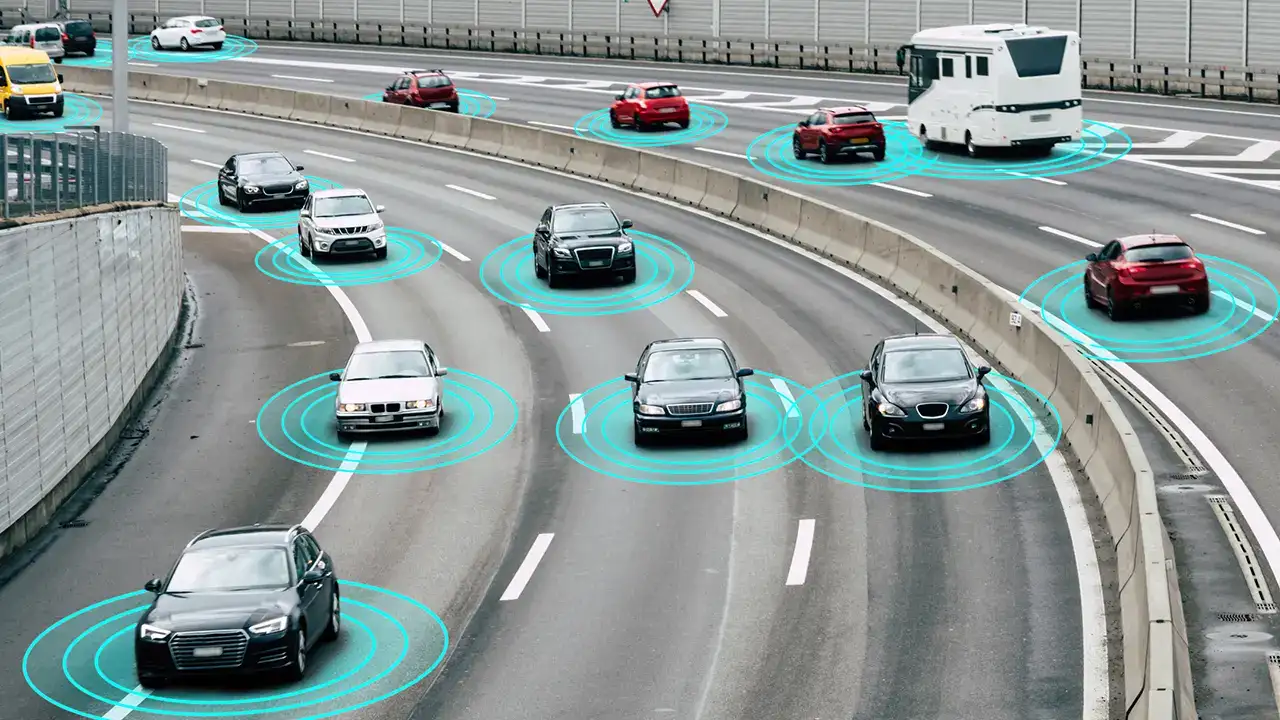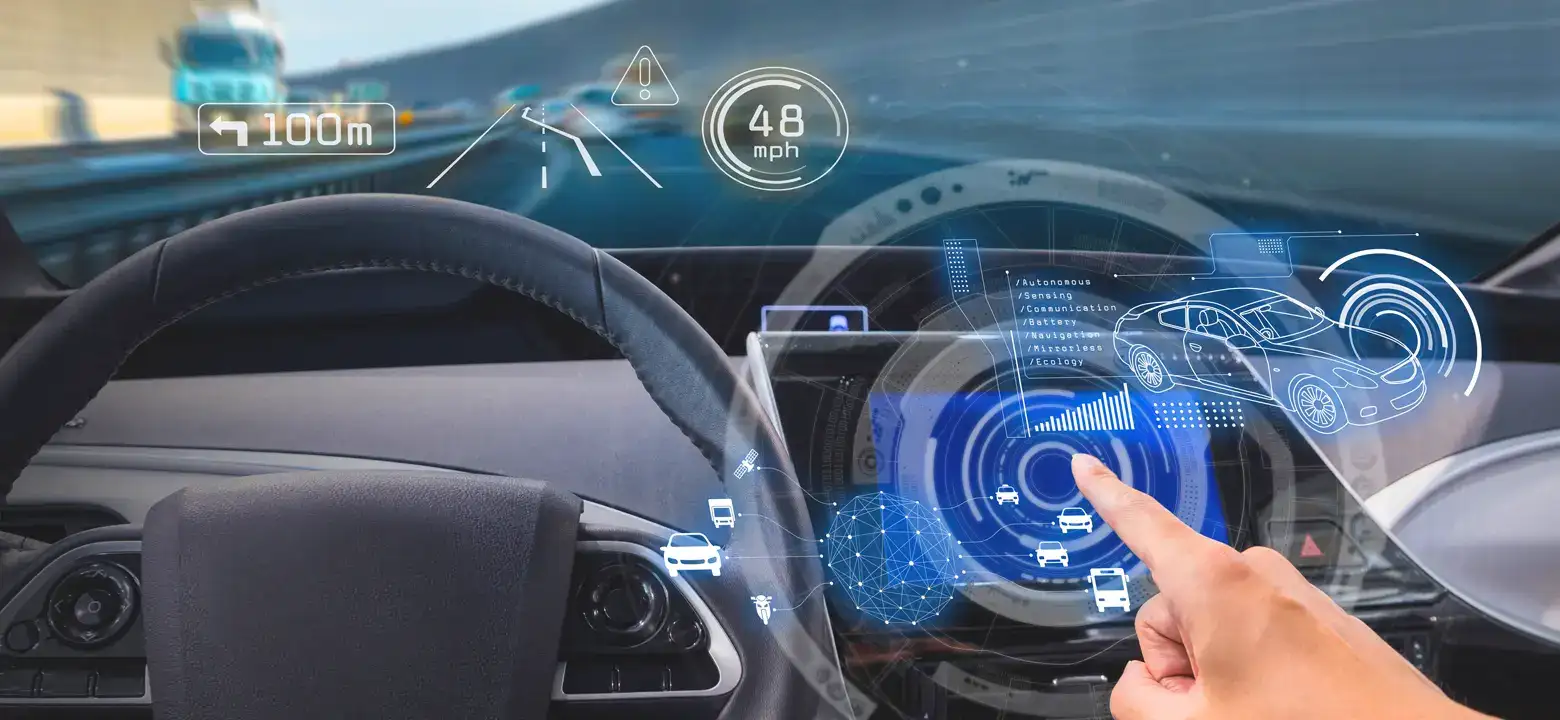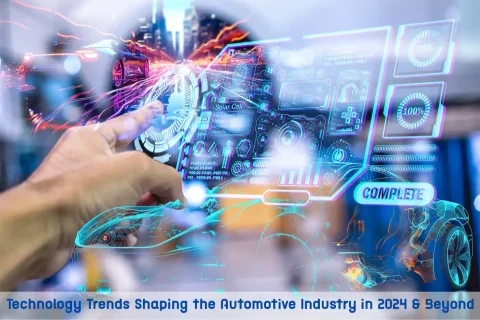Technology Trends Shaping the Automotive Industry in 2024 and Beyond
The automotive industry is undergoing a comprehensive revolution, fueled by technological advancements and shifting consumer behavior. These changes are not only improving vehicles but also creating entirely new user experiences. Let's explore the key technology trends that will shape the future of the automotive industry in 2024 and beyond.
Category: Automotive
The Wave of Electrification:
Electric vehicles (EVs) and hybrids are becoming increasingly popular choices in the market. Traditional automakers are investing heavily in EV technology, competing with startups like Tesla. A notable highlight is the trend of developing solid-state batteries, promising longer ranges and faster charging times compared to current battery technologies. This innovation not only improves efficiency but also reduces costs and enhances the durability of EVs, ushering in a new era for green transportation.
.webp)
In the first month of 2024, global sales of EVs and hybrids reached 1.1 million units, a 69% increase compared to the same period last year.
Automation and Autonomous Driving:
Self-driving technology is advancing rapidly, from advanced driver-assistance systems (ADAS) to fully autonomous vehicles. Tech companies like Waymo, Cruise, and Tesla are leading the race in developing self-driving cars. Another significant step is refining regulations and legal frameworks for autonomous vehicles, paving the way for wider deployment shortly. Self-driving cars not only enhance road safety but also transform how we approach transportation and vehicle usage.
.webp)
Connectivity and Data as the Key:
With the advancement of connectivity technology, cars are becoming increasingly intelligent and generating massive amounts of data. 5G technology will be crucial in realizing the full potential of connected cars and autonomous driving. Data platforms and analytics specifically designed for the automotive industry are being developed, allowing for the extraction of valuable insights from vehicle data. This not only helps personalize user experiences but also enables predictive maintenance and new product development.

Prioritizing User Experience:
Automakers are increasingly focusing on enhancing the user experience. Augmented reality (AR) technology on windshields promises to provide a more intuitive and safer interface. Moreover, the trend of developing intelligent virtual assistants with contextual understanding and more natural interaction with drivers is also gaining traction. These innovations not only create more enjoyable driving experiences but also enhance safety and convenience.

Smart and Sustainable Manufacturing:
Advanced manufacturing technologies such as 3D printing, collaborative robots, and artificial intelligence are being widely adopted in the automotive industry. Furthermore, the industry is also shifting towards using sustainable materials and greener manufacturing processes. Notably, the trend of utilizing renewable energy in car production and developing circular supply chains is emerging as a crucial solution to minimize environmental impact.
Conclusion:
The automotive industry is on the cusp of transformative change, presenting immense opportunities for innovation and creativity. Companies that can grasp these key trends and adapt quickly to the evolving landscape will be the winners in the future. We are witnessing a revolution in how we move and interact with vehicles, ushering in a new era of convenience, safety, and sustainability.
